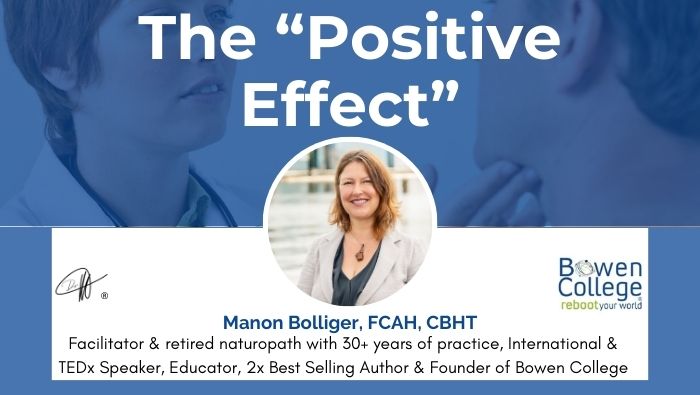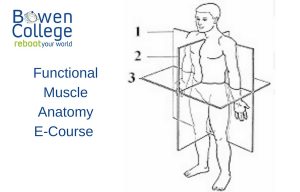As we’ve seen over the last couple posts, the placebo effect discussion is a little more complicated than seems at first flush. We could redefine the “placebo effect” as the “aligned and committed effect” or the “positive effect.” Unwarranted, preconceived negatives would be eliminated. We are, in essence, setting the stage for specific goals and outcomes by providing daily routines to reinforce them. We also provide inspiration and hope, but with direction, goals and specificity. What if the “aligned and committed effect” was in operation while patients’ received effective treatment free from negative side effects?
As Quinlan put it: “Rather than writing off non-allopathic processes, the scientific community is indicating to the medical community that the thoughts and emotions of the patient can be in and of themselves enough to generate good health. With this in mind, all methods of complementary health can be looked at with a different and more open viewpoint. While some modalities certainly appear to have no scientific or logical reason for their success, it is too easy to condemn them as fringe or charlatan practices without research.” (Quinlan, 2011)
The Cartesian approach to medicine has made amazing advances: yet, at the cost of obscuring the possibility of capitalizing on the patient’s emotional and spiritual well-being. We are entering a health care age in which patients are looking for customized, individualized treatment. They want to be co-creators of their wellness.
As research would have it, some doctors now believe that the placebo effect is due to a response within the mind and body that strengthens the immune system and speeds healing. (Thornton, 1993) Is that not the principle behind psychoneuroimmunology? And doesn’t it confirm that commitment and clear goals should always be the first steps in the healing process?









